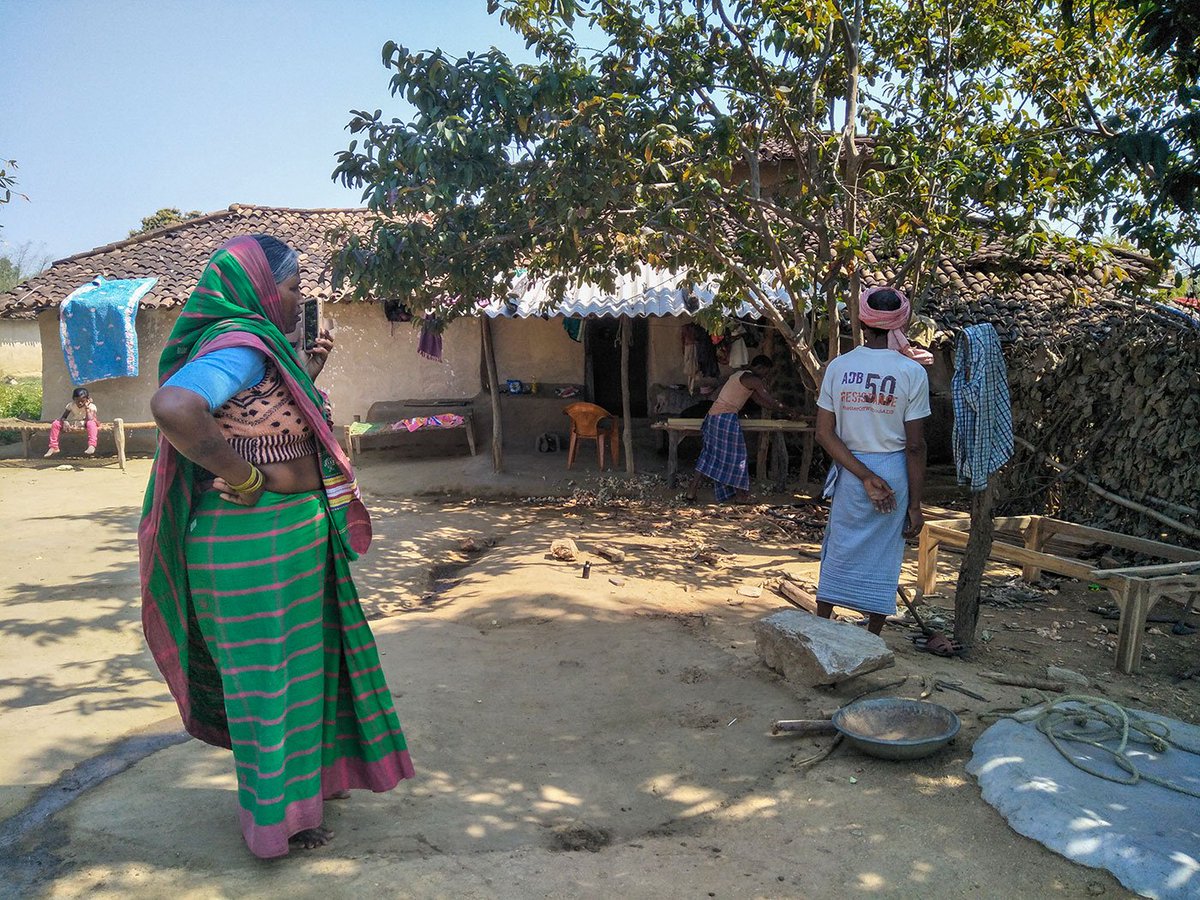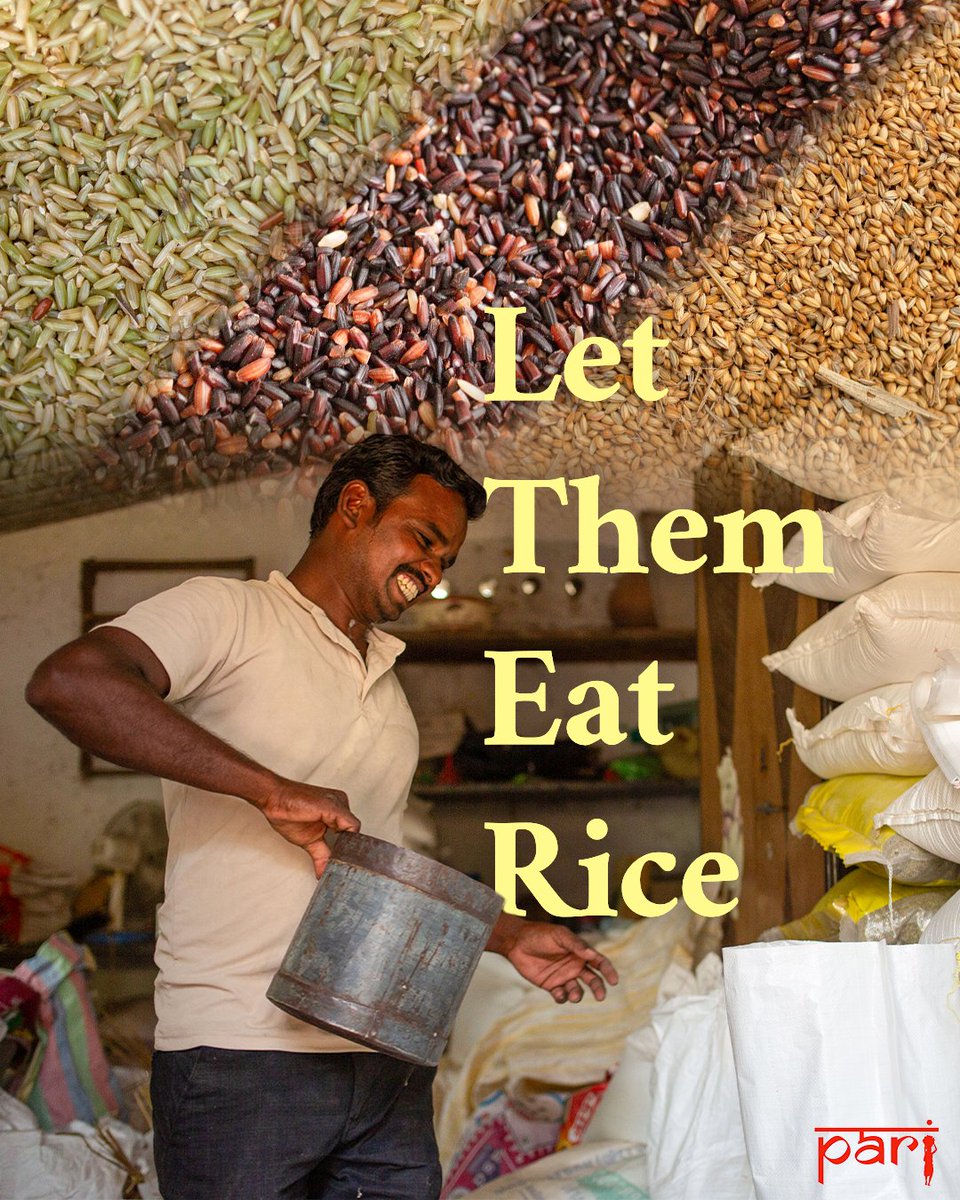This #InternationalForestDay, read about the Adivasi women who sustain & are sustained by their forests.“I was in jail because I fought for my land, not because I committed a crime.I wasn’t afraid of jail then and I’m not afraid now,”says Rajkumari Bhuiya. ruralindiaonline.org/articles/i-kne… 

“It’s not as if we planted the trees to eat the fruit.The ppl going to eat the fruits of our labour are still to come. They're my grandchildren &I do this work for them,”says Sukalo Gond, an Adivasi leader from Majhouli,fighting to save the FRA in the SC. ruralindiaonline.org/articles/no-st… 



The #FRA is a constitutional provision,we won’t bear an insult to our #Constitution,”says Nivada Rana,from the Tharu Adivasi community,who can't remember a time when the forest dept wasn’t trying to evict residents of the villages in Dudhwa National Park.ruralindiaonline.org/articles/let-t… 

• • •
Missing some Tweet in this thread? You can try to
force a refresh






















